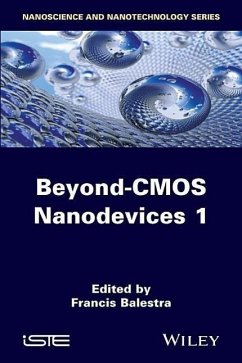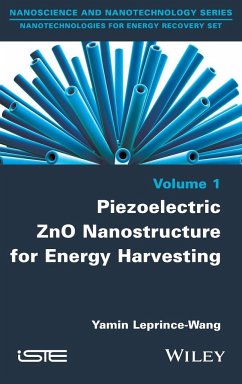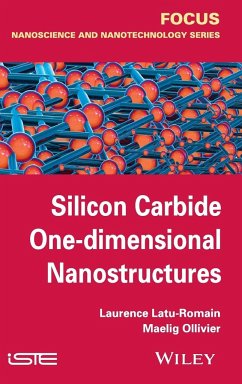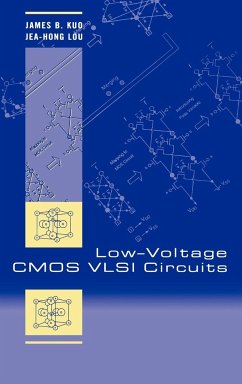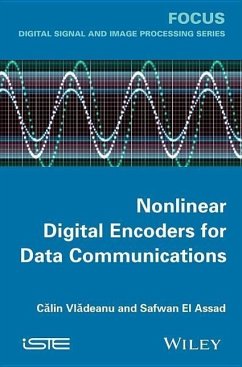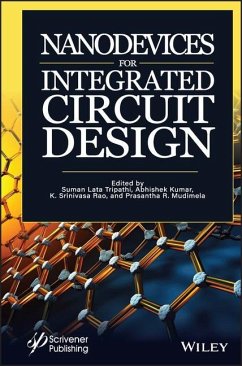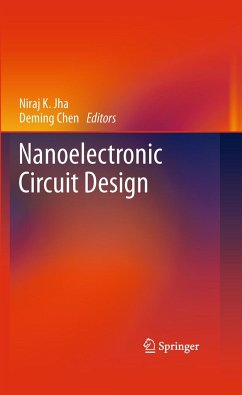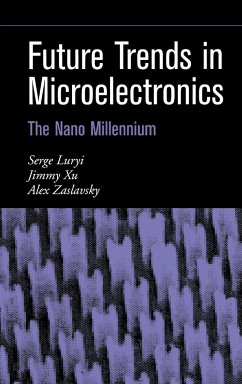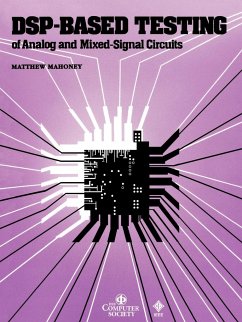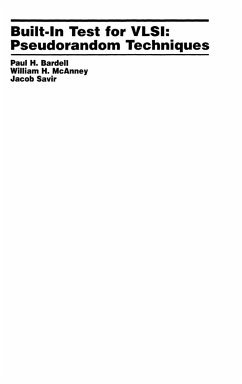
Beyond-CMOS Nanodevices 2
Versandkostenfrei!
Versandfertig in über 4 Wochen
159,99 €
inkl. MwSt.
Weitere Ausgaben:

PAYBACK Punkte
80 °P sammeln!
This book offers a comprehensive review of the state-of-the-art in innovative Beyond-CMOS nanodevices for developing novel functionalities, logic and memories dedicated to researchers, engineers and students. The book will particularly focus on the interest of nanostructures and nanodevices (nanowires, small slope switches, 2D layers, nanostructured materials, etc.) for advanced More than Moore (RF-nanosensors-energy harvesters, on-chip electronic cooling, etc.) and Beyond-CMOS logic and memories applications.




